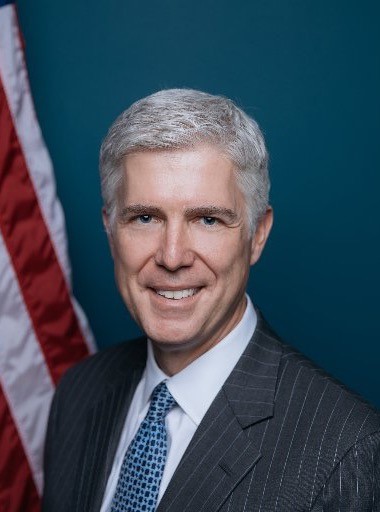As those interested in website accessibility regulations under Title III of the Americans with Disabilities Act (“ADA”) know, the Department of Justice announced in May 2016 that it would issue a rule governing website accessibility standards for places of public accommodation to take effect in 2018. It now appears that we can expect an even longer indefinite delay. Last month, the Trump Administration launched its Unified Regulatory Agenda, which “provides an updated report on the actions administrative agencies plan to issue in the near and long term.” The Agenda is meant to effectuate Executive Orders 13771 and 13777, which require agencies to reduce unnecessary regulatory burden. According to the Office of Information and Regulatory Affairs, the Agenda “represents the beginning of fundamental regulatory reform and a reorientation toward reducing unnecessary regulatory burden on the American people. By amending and eliminating regulations that are ineffective, duplicative, and obsolete, the Administration can promote economic growth and innovation and protect individual liberty.” READ MORE
President Trump’s DOJ Takes Website Accessibility Regulations off the Table










